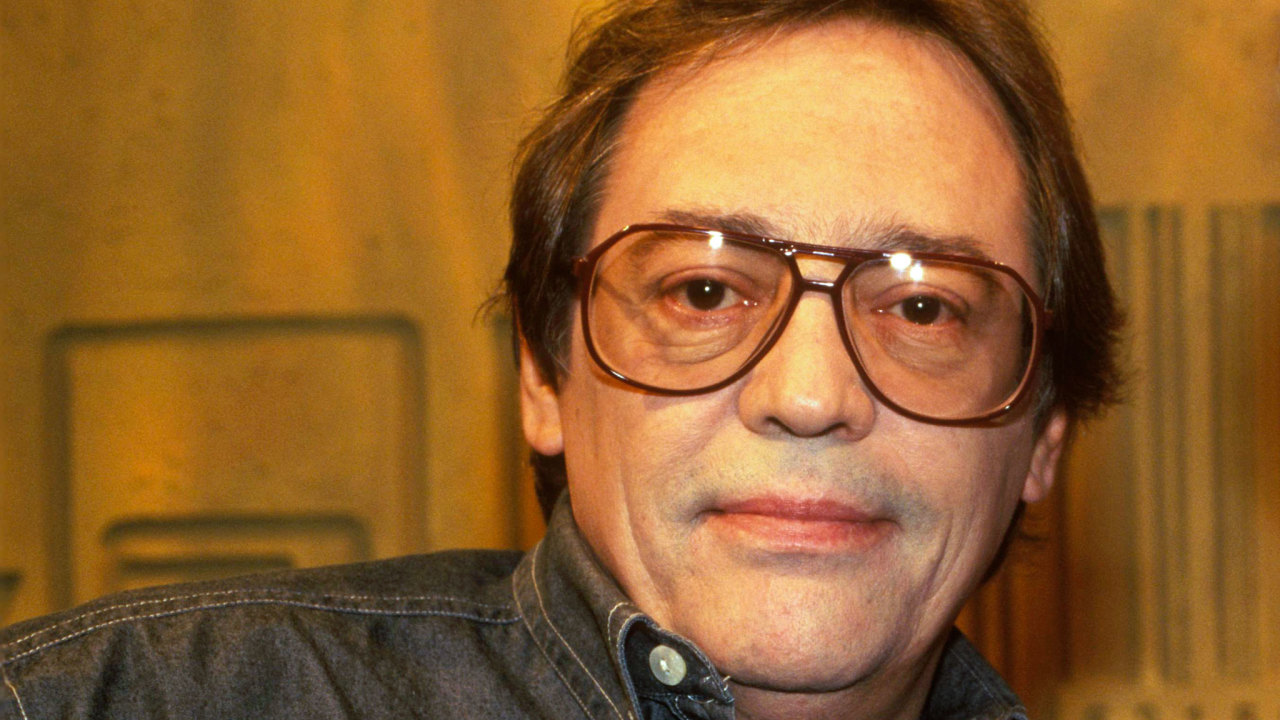It was a weekly ritual for so many in the UK. At 10pm every Friday, the swell of Dixie Dregs’ Take It off The Top would herald the arrival of Radio One’s Friday Rock Show, ushering in the unmistakable voice of Tommy Vance. Thomas Vance, The Music Vendor, as he introduced himself at the start of each show.
“At the time, there were local radio stations which had their own rock show,” recalls Def Leppard’s Joe Elliott. “But this was the only one on national radio. You might here the occasional track like Radar Love on daytime radio. But this was rare. So, when you tuned in to listen to Tommy, you knew you were in for an education.”
Elliott vividly remembers one of the earliest times he heard Vance.
“I was in my mate’s bedroom, and he played Life After Death by Ian Hunter,. You hardly ever heard Hunter on the radio, so I never forgot when it happened!
“Of course, what Tommy has was incredibly deep, growling voice. No wonder he was known as The Voice Of Rock.”
Vance was one of the few who championed Leppard in their early days, and Elliott has never forgotten his importance in their career.
“You listened to the show and he mixed in unknown, unsigned bands like us with the more established artists. When NWOBHM happened, he would play us, Maiden and so many others. It was the only place you could hear young rock and metal bands on air. I remember Tommy made the cover of Sounds in 1981. They had the headline ‘Metal Guru’ on it! And that summed him up. That was the way we all felt about him. It was a sign of bis stature in our world. What other DJ made the cover of any of the weekly UK magazines at the time - none!”
The Leppard man didn’t meet Tommy Vance until the end of 1983, though. But that first encounter made an impression on him.
“It was just before we did three UK shows in December that year. He interviewed me in a board room. He’d been one of my idols growing up, and meeting him brought out the fan in me. It was so cool.
“After that we saw each other occasionally. We never hung out or socialised, but every time we did a round of interviews he’d be on the schedule. Later on when he was at VH1, we did film interviews with him, but nothing ever changed. He was always the complete professional.
“What I loved about Tommy was that he never slagged anybody off. Even off the record, he was always positive about everyone. That was just refreshing.
“You could also discover new artists through his show. That’s where I first came across King’s X, Terrorvision, Cry Of Love… and so many others. He may not be regarded as an innovator in the same way as, say, John Peel. But for all rock fans in Britain at the time, his show was massively important. He’s never been replaced, and he never can be.”

